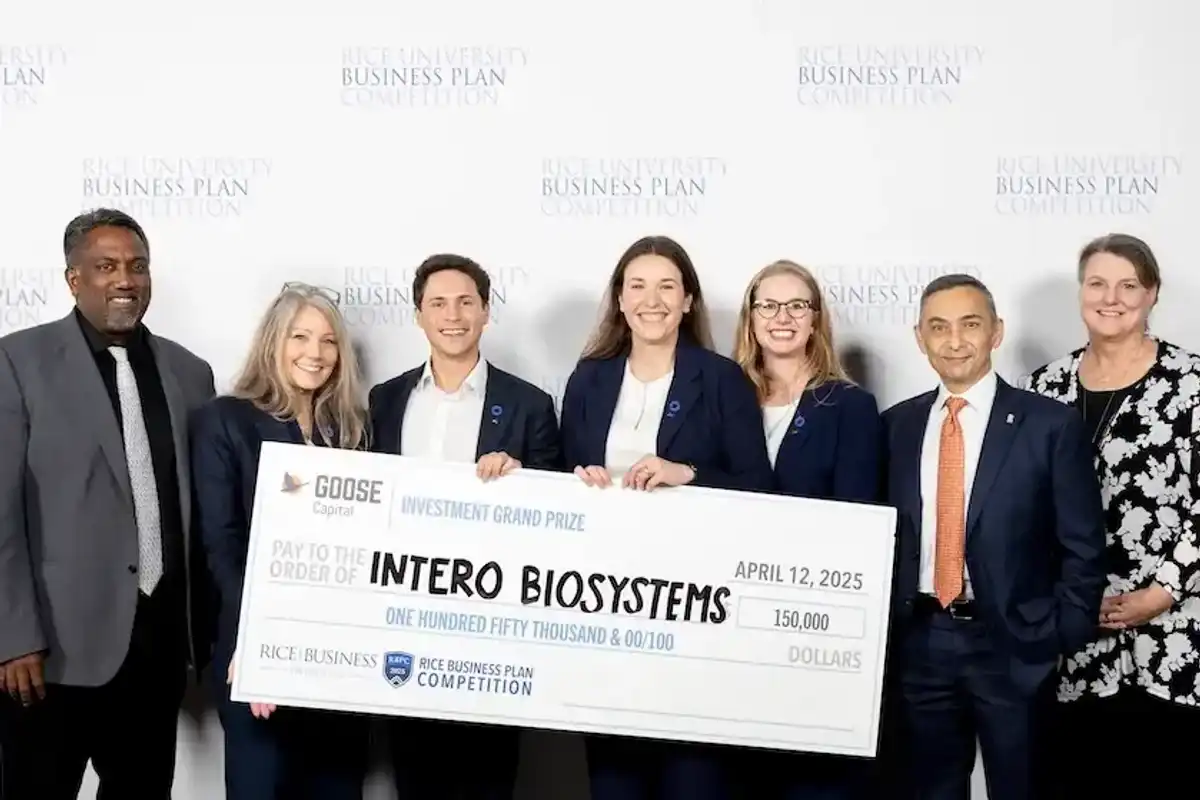Houston expert: How early tech exposure can prepare the future workforce
guest column
In our ever-evolving digital landscape, there's no better time to embrace technology than now. This is evident by a fascinating prediction from the U.S. Bureau of Labor Statistics: a whopping 100,000 tech-related jobs are projected in the next decade. Intriguing, right?
What does this mean for the next generation? For starters, getting children interested in technology is more important than ever before.
In the same way that parents encourage their kids to develop a knack for languages, concepts, or habits early in life, that same emphasis is now being put on kids who play video games and may be interested in coding.
Now, instead of simply playing video games, they will also be preparing for their future in the process.
By learning the ins and outs of coding, the next generation will not just understand the technology we use every day, but also how it factors into the daily controls of our ever-advancing world.
Through coding classes, kids develop their own video games while honing in on skills such as critical thinking and problem solving. This emphasizes the use of setting clear learning goals, designing activities and assessments that allow students to achieve those goals in any field they decide to pursue a career in.
Children are provided an outlet that encourages creativity in a fun community-like environment that shows them to push their limits to think outside the box as they develop STEM skills. By providing a creative community, students are able to understand that it is important to share and listen to other ideas as a team.
Kids ultimately walk away with an appreciation for experimenting with new ideas and a sense of ownership and control over their work.
That creative mindset is key in allowing students to explore the ultimate forms of self-expression, exploration and discovery, which are all pivotal in their development towards future career success.
Beyond coding, kids who code also learn to use their skills to benefit their communities, from app development to innovative web solutions that help solve local problems. This helps provide another sense of self pride for the children.
While coding is at the core of what kids learn, the skills being taught transcend it. Every opportunity to code is a step toward molding resilient, innovative, and logical thinkers.
So, whether your kid wants to pursue a world in the technology industry, or just wants to be successful, coding will challenge them and prepare them for future success.
------
Dave Gandhi is owner of Missouri City Code Ninjas.





